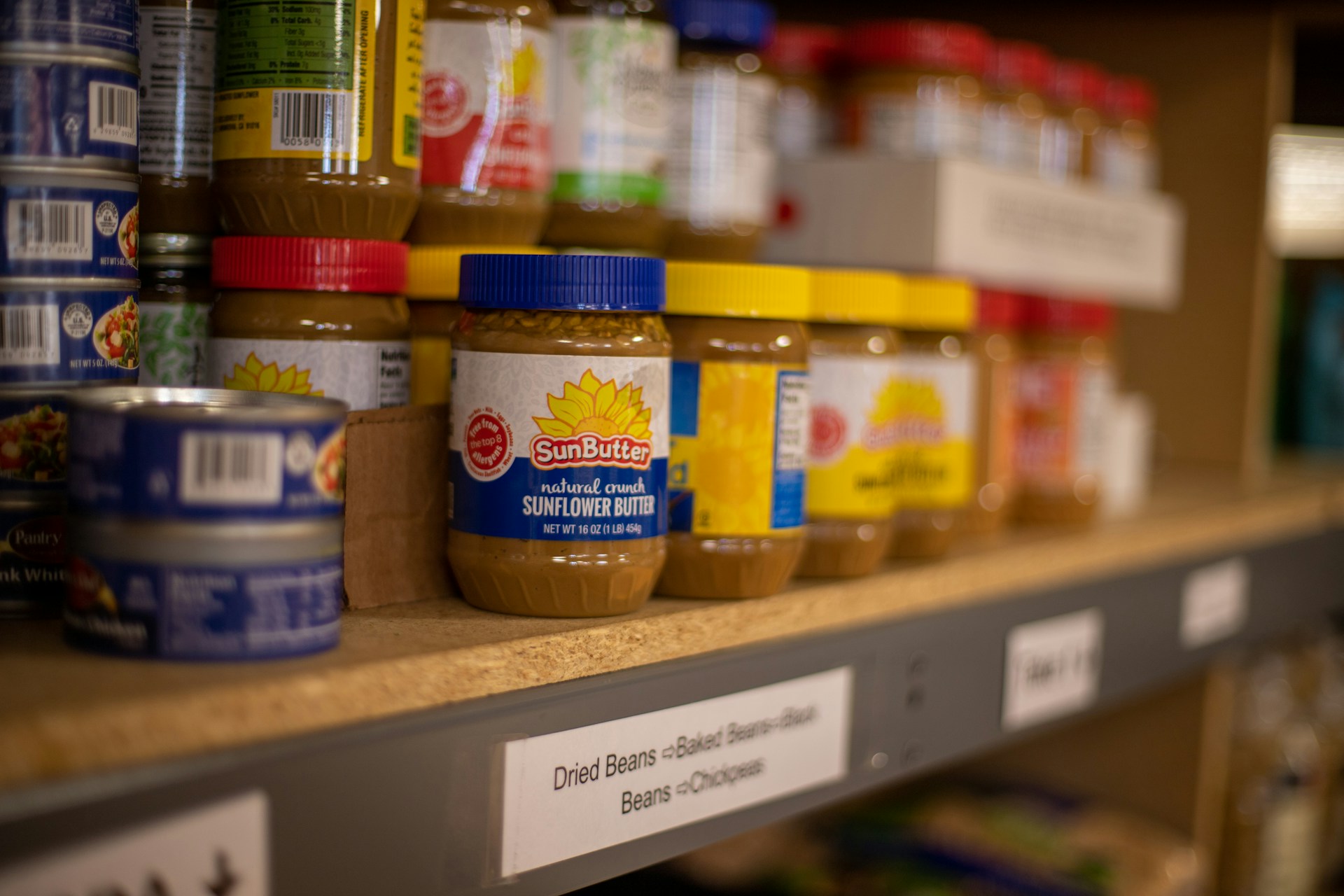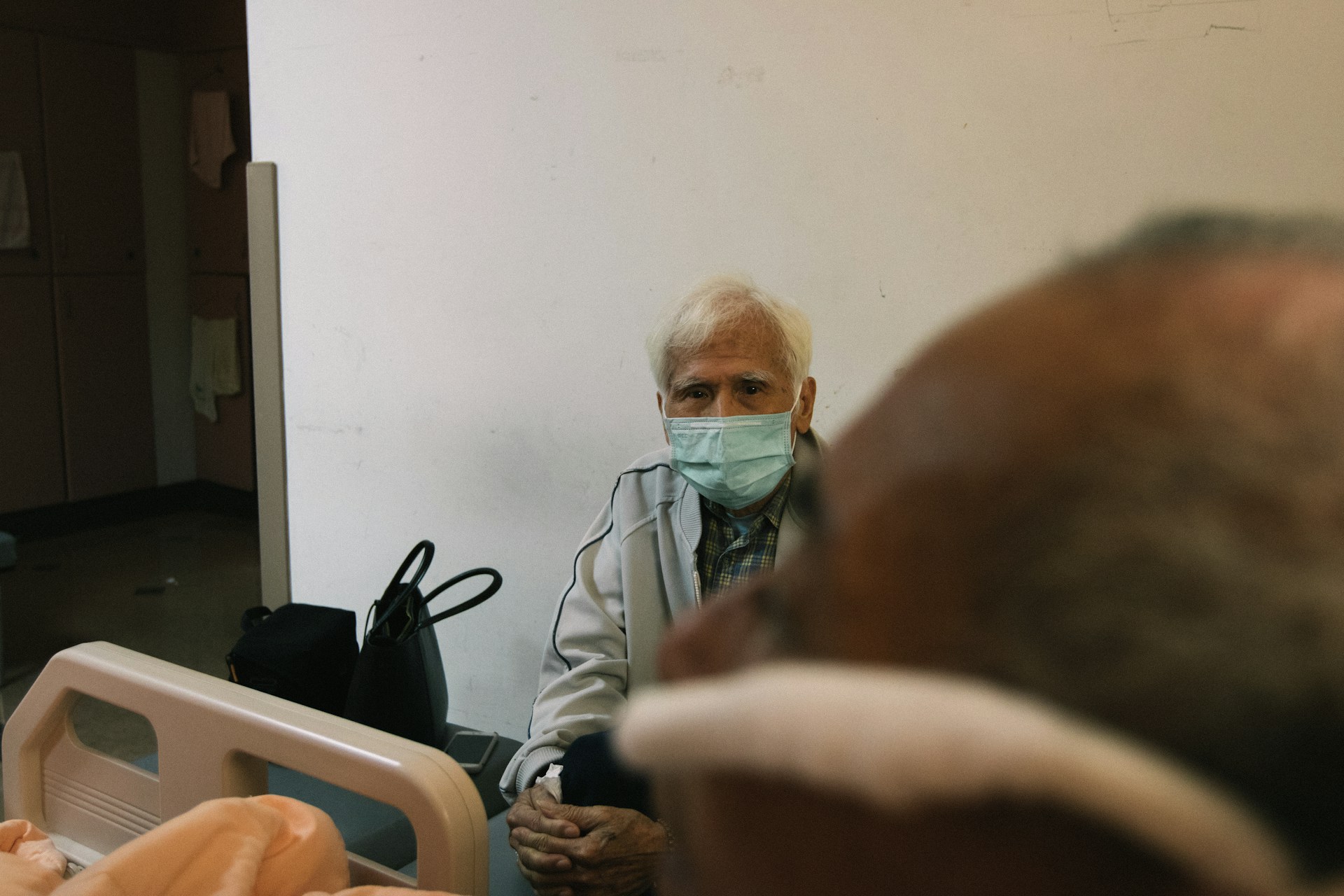The Association of Current Knowledge on Gene-Based Nutrition Services with Involvement and Confidence Levels among Nutrition Workers in Indonesia
Hubungan Pengetahuan tentang Pelayanan Gizi Berbasis Gen dengan Keterlibatan dan Kepercayaan Diri Tenaga Gizi di Indonesia

Downloads
Background: The knowledge, involvement, and self-confidence of nutrition professionals are highly required in the implementation of gene-based nutrition services. The limited number of nutrition professionals applying gene-based nutrition services poses a unique challenge in the developmental process of gene-based nutrition services in Indonesia.
Objectives: This study aims to identify the association between the knowledge, engagement, and confidence levels of nutrition workers with gene-based nutrition services in Indonesia.
Methods: This cross-sectional study was conducted in May-June 2023. The participants consisted of nutrition workers from five provinces in Indonesia. The instrument of this study used structured questionnaires encompassing socio-demographic information, knowledge, engagement, and confidence levels of nutrition workers distributed using the Qualtrics Survey platform. Data analysis employed the chi-square test with the help of Statistical Package for the Social Sciences (SPSS) version 25.0.
Results: This study involved a total of 423 respondents. Findings indicated that 53.4% of nutrition workers possessed limited knowledge, 60.0% exhibited minimal engagement, and 51.8% held low confidence levels in gene-based nutrition services. Notably, a significant correlation was identified between knowledge and confidence in gene-based nutrition services (p=0.001; PR=2.0; CI=1.35-2.94). Additionally, a significant association was present between knowledge and engagement in gene-based nutrition services (p=0.001; PR=2.00; CI=1.34-2.96).
Conclusions: This study highlights the association of low nutritionists' knowledge with low personal involvement and confidence levels to gene-based nutrition services in Indonesia. Nutrition professionals are encouraged to enhance their grasp of genetics and its relevance to nutrition through dedicated training, participation in seminars, and ongoing education initiatives.
Floris, M. et al. Direct-to-Consumer Nutrigenetics Testing: An Overview. Nutrients 12, 566 (2020).
Alsulami, S. et al. Interaction between the genetic risk score and dietary protein intake on cardiometabolic traits in Southeast Asian. Genes and Nutrition 15, 1–10 (2020).
Alathari, B. E., Sabta, A. A., Kalpana, C. A. & Vimaleswaran, K. S. Vitamin D pathway-related gene polymorphisms and their association with metabolic diseases : A literature review. Journal of Diabetes & Metabolic Disorders 19, 1701–1729 (2020).
Surendran, S. et al. A nutrigenetic approach for investigating the relationship between vitamin B12 status and metabolic traits in Indonesian women. Journal of Diabetes & Metabolic Disorders 18, 389–399 (2019).
Alathari, B. E. et al. Interaction between vitamin d-related genetic risk score and carbohydrate intake on body fat composition: A study in southeast asian Minangkabau women. Nutrients 13, 1–13 (2021).
Muhammad, H. F. L., Sulistyoningrum, D. C., Kusuma, R. J., Dewi, A. L. & Karina, I. Buku Ajar Nutrigenomik dan Nutrigenetik Bagi Mahasiswa Gizi. (Gadjah Mada University Press, 2021).
Delmi, S. Menuju Diet Individu Berdasarkan Kajian Nutrigenomik dan Nutrigenetik. Rapat Majelis Guru Besar Universitas Andalas (2019).
Yilmaz, Åž., Yilmaz, S., Uçar, A. & Çeli̇k, M. Genetics and Nutrigenetics: Involvement, Confidence and Knowledge of Turkish Dietitians. International Journal of Caring Sciences 14, (2021).
Aji, A. S., Erwinda, E., Rasyid, R. & Yusrawati, Y. A genetic approach to study the relationship between maternal Vitamin D status and newborn anthropometry measurements : the Vitamin D pregnant mother ( VDPM ) cohort study. Journal of Diabetes & Metabolic Disorders 19, 91–103 (2020).
Ordovas, J. M., Ferguson, L. R., Tai, E. S. & Mathers, J. C. Personalised Nutrition and Health. BMJ (Online) 361, 1–7 (2018).
Gideon Onyedikachi Iheme. Engagement of nutritionists/dietitians in social media: a potential to meet consumer's quest for healthy Nutrition information and services | Journal of Dietitians Association of Nigeria. Journal of Dietitians Association of Nigeria 10, (2019).
Barrea, L. et al. Nutrigenetics”personalized nutrition in obesity and cardiovascular diseases. Int J Obes Suppl 10, 1–13 (2020).
Nacis, J. S. et al. "Right diet for the right person”: a focus group study of nutritionist-dietitians' perspectives on nutritional genomics and gene-based nutrition advice. Journal of Community Genetics 13, 49–57 (2022).
Meiliana, A. & Wijaya, A. Nutrigenetics, Nutrigenomics and Precision Nutrition. The Indonesian Biomedical Journal 12, 189–200 (2020).
Indonesia, P. P. Undang-undang (UU) Nomor 36 Tahun 2014 tentang Tenaga Kesehatan. Database Peraturan | JDIH BPK http://peraturan.bpk.go.id/Details/38770/uu-no-36-tahun-2014 (2014).
Whelan, K., McCarthy, S. & Pufulete, M. Genetics and diet--gene interactions: involvement, confidence and knowledge of dietitians. Br J Nutr 99, 23–28 (2008).
Van Dijk, M. P. A., Hale, W. W., Hawk, S. T., Meeus, W. & Branje, S. Personality Development from Age 12 to 25 and its Links with Life Transitions. Eur J Pers 34, 322–344 (2020).
Kaufman-Shriqui, V., Salem, H., Boaz, M. & Birk, R. Knowledge and Attitudes Towards Nutrigenetics: Findings from the 2019 Unified Forces Preventive Nutrition Conference (UFPN). Nutrients 12, 335 (2020).
Forray, A. I., Coman, M. A., CherecheÈ™, R. M. & Borzan, C. M. Exploring the Impact of Sociodemographic Characteristics and Health Literacy on Adherence to Dietary Recommendations and Food Literacy. Nutrients 15, 2853 (2023).
Collins, J. Generational change in nutrition and dietetics: The millennial dietitian. Nutrition & Dietetics 76, 369–372 (2019).
Horne, J. R. et al. Guiding Global Best Practice in Personalized Nutrition Based on Genetics: The Development of a Nutrigenomics Care Map. Journal of the Academy of Nutrition and Dietetics 122, 259–269 (2022).
Kaufman"shriqui, V., Salem, H., Boaz, M. & Birk, R. Knowledge and attitudes towards nutrigenetics: Findings from the 2018 unified forces preventive nutrition conference (UFPN). Nutrients 12, (2020).
Kaufman-Shriqui, V., Salem, H., Birk, R. & Boaz, M. Nutrition Knowledge Translation Performance in Health Professionals: Findings from the 2017 Unified Forces Preventive Nutrition Conference (UFPN). Nutrients 11, 390 (2019).
Gambir, J., Jaladri, I., Sari, E. M. & Kurniasari, Y. A nutrition diary-book effectively increase knowledge and adherence of iron tablet consumption among adolescent female students. Jurnal Gizi dan Dietetik Indonesia (Indonesian Journal of Nutrition and Dietetics) 8, 87 (2021).
Herawati, H. D., Anggraeni, A. S. N., Pebriani, N., Pratiwi, A. M. & Siswati, T. Edukasi gizi menggunakan media booklet dengan atau tanpa konseling terhadap pengetahuan orangtua dan konsumsi sayur dan buah anak prasekolah di wilayah urban. Jurnal Gizi Klinik Indonesia 18, 48 (2021).
Mathew, M. R., Medithi, S. & Muley, A. Dietitians' and nutritionists' knowledge of nutritional genomics and perception toward genetic testing for a personalized approach in noncommunicable diseases (NCDs) prevention and management in India: A cross-sectional survey. International Journal of Nutrition, Pharmacology, Neurological Diseases 13, 123 (2023).
Vogel, E., DeBusk, R. & Ryan-Harshman, M. Chapter 9 - Advancing Knowledge Translation in Nutritional Genomics by Addressing Knowledge, Skills and Confidence Gaps of Registered Dietitians. in Nutrition and Genomics (eds. Castle & Ries) 161–186 (Academic Press, 2009). doi:10.1016/B978-0-12-374125-7.00009-6.
Brown, H. D. et al. Should ‘Omics' education be a part of allied health profession curricula? Genomics 112, 169–173 (2020).
Aji, A. Personalized functional foods: Masa Depan Penerapan Personalized Nutrition Advice. (2020).
Helmyati, S. Getting to Know Personalized Nutrition: The Role of Nutrigenetics and Nutrigenomics. PKGM https://pkgm.fk.ugm.ac.id/en/2022/03/15/getting-to-know-personalized-nutrition-the-role-of-nutrigenetics-and-nutrigenomics/ (2022).
Nacis, J. S. et al. "Right diet for the right person”: a focus group study of nutritionist-dietitians' perspectives on nutritional genomics and gene-based nutrition advice. Journal of Community Genetics 13, 49 (2022).
Copyright (c) 2023 Amerta Nutrition

This work is licensed under a Creative Commons Attribution-ShareAlike 4.0 International License.
AMERTA NUTR by Unair is licensed under a Creative Commons Attribution-ShareAlike 4.0 International License.
1. The journal allows the author to hold the copyright of the article without restrictions.
2. The journal allows the author(s) to retain publishing rights without restrictions
3. The legal formal aspect of journal publication accessibility refers to Creative Commons Attribution Share-Alike (CC BY-SA).
4. The Creative Commons Attribution Share-Alike (CC BY-SA) license allows re-distribution and re-use of a licensed work on the conditions that the creator is appropriately credited and that any derivative work is made available under "the same, similar or a compatible license”. Other than the conditions mentioned above, the editorial board is not responsible for copyright violation.












































